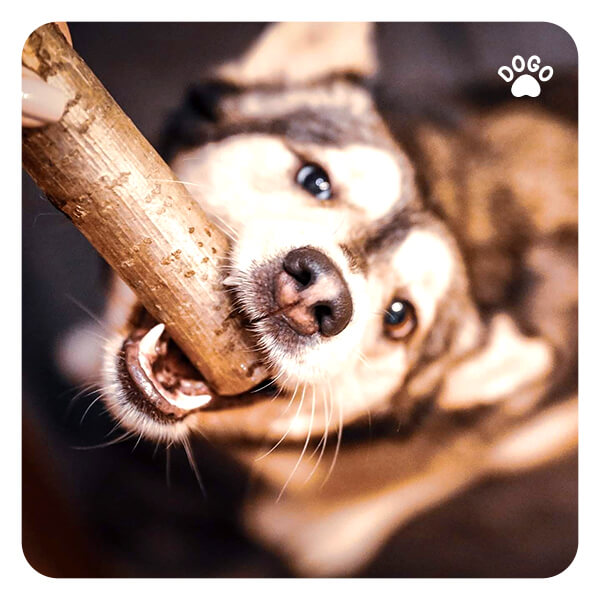 Puppies are adorable, playful, and full of energy. However, one common behavior that many puppy owners struggle with is biting. It’s important to address this behavior early on to ensure a well-behaved and happy companion. Here’s how to manage and stop your puppy from biting.
Puppies are adorable, playful, and full of energy. However, one common behavior that many puppy owners struggle with is biting. It’s important to address this behavior early on to ensure a well-behaved and happy companion. Here’s how to manage and stop your puppy from biting.
Understanding Why Puppies Bite
First and foremost, it’s crucial to understand why puppies bite. Puppies explore the world around them using their mouths, similar to how human babies use their hands. Additionally, they may nip and bite during play as a way to interact with their littermates. Understanding this behavior helps you address it more effectively.
Teaching Bite Inhibition
One effective way to stop your puppy from biting is through teaching bite inhibition. This means teaching your puppy to control the force of their bite. When playing with your puppy, if they bite too hard, yelp or make a high-pitched sound to mimic the reaction of another puppy. This helps your puppy understand that their bite was too rough. If they continue biting, calmly stop playtime for a few moments. Consistency is key, and your puppy will learn that gentle play results in continued fun.
Redirecting Attention and Providing Alternatives
Another method to discourage biting is to redirect your puppy’s attention to appropriate chew toys and bones. When your puppy tries to bite, gently redirect their focus to a chew toy. Praise them when they chew on the toy instead of your hands or clothing. Additionally, providing a variety of chew toys can help keep your puppy engaged and less likely to resort to biting.
Socialization and Training
Proper socialization and training play a significant role in curbing biting behavior. Expose your puppy to various environments, people, and other dogs from an early age. This helps them learn appropriate behavior and develop good manners. Additionally, enrolling your puppy in a puppy training class can provide valuable socialization experiences and help them learn to interact with other dogs in a controlled setting.
Consistency and Patience
Addressing biting behavior in puppies requires patience and consistency. It’s important to remain calm and composed when addressing the behavior. Avoid any form of physical punishment, as this can lead to fear and anxiety in your puppy. Instead, focus on positive reinforcement and redirecting their behavior towards more appropriate outlets.
Seeking Professional Guidance
If your puppy’s biting behavior persists despite your efforts, consider seeking guidance from a professional dog trainer or behaviorist. They can provide personalized strategies and techniques to address the specific needs of your puppy. Additionally, they can offer valuable insights into your puppy’s behavior and help you better understand and manage their biting tendencies.
In conclusion, addressing biting behavior in puppies requires understanding, patience, and consistent training. By teaching bite inhibition, redirecting attention, socializing, and seeking professional guidance when needed, you can effectively help your puppy develop appropriate behavior. With time and dedication, you’ll see positive changes in your puppy’s behavior, leading to a well-mannered and delightful companion.[/fusion_text]



